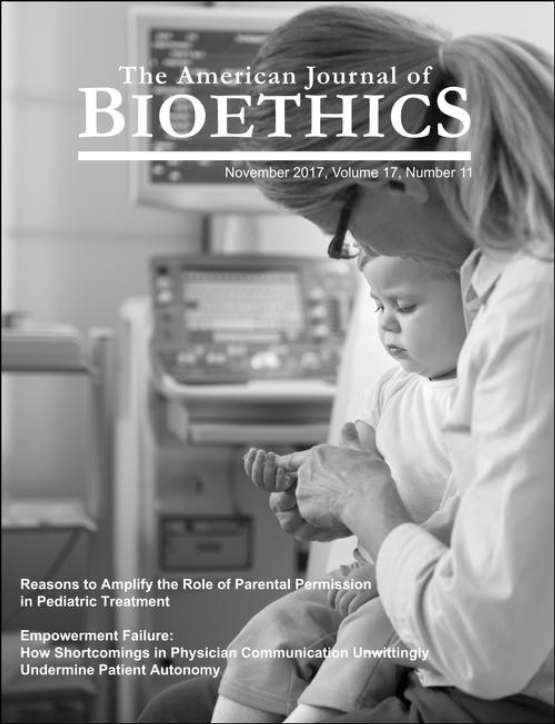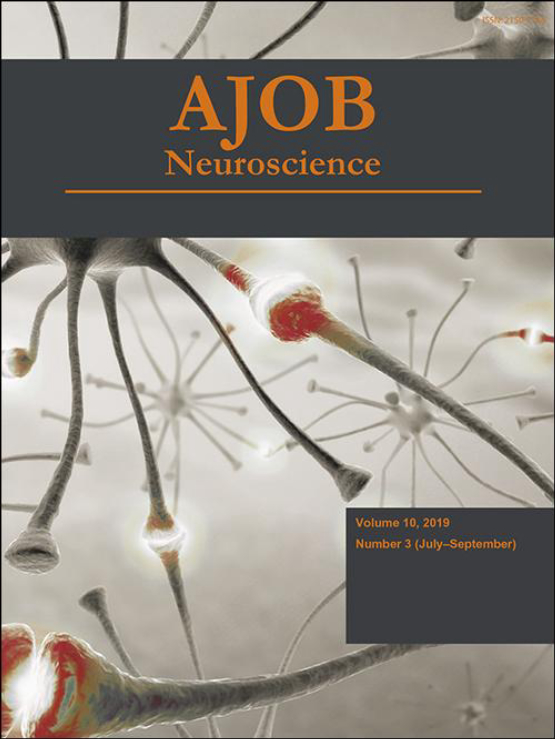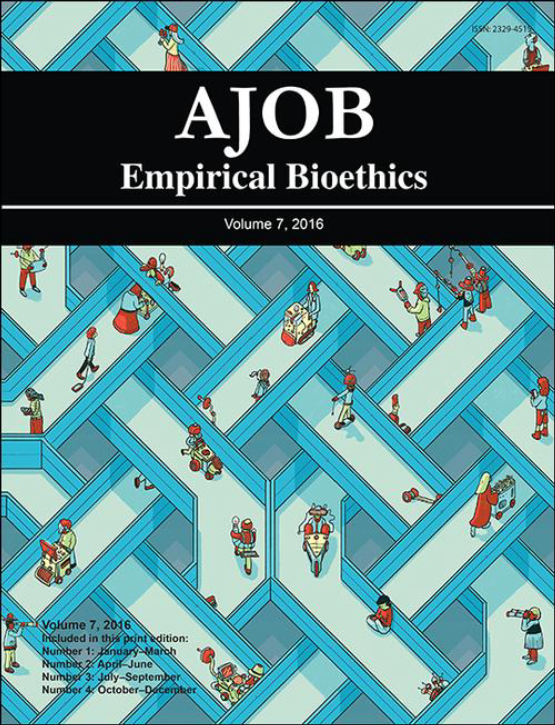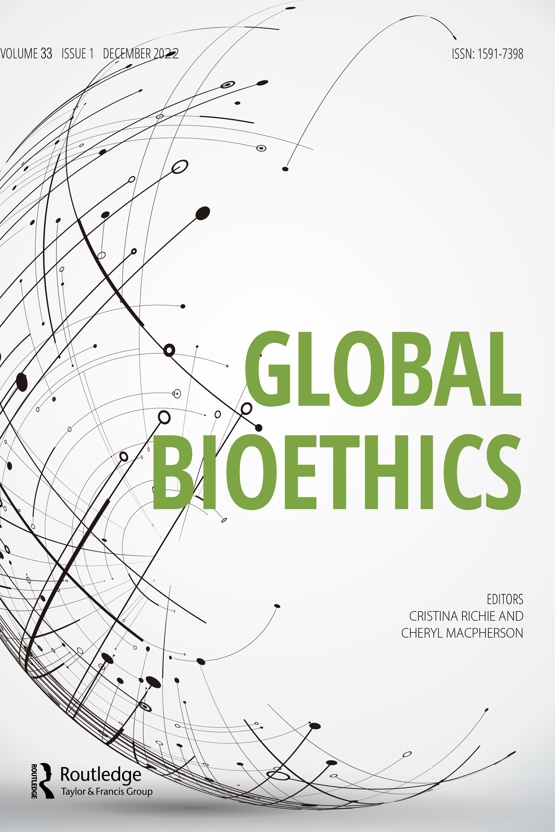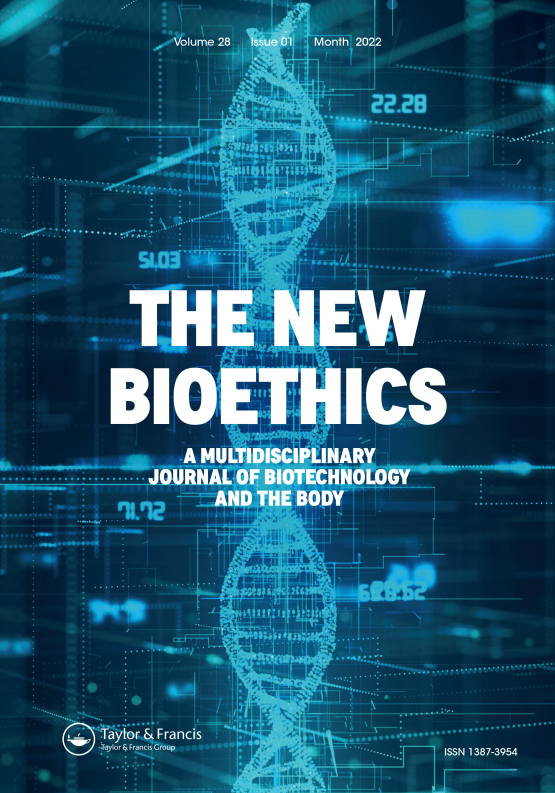Explore leading Law & Ethics in Biomedical Journals
Expand the reach of your research
Want to publish research that reaches a wider audience?
Browse our portfolio of Law & Ethics in Biomedical Journals and discover solutions to global issues. Expand your reach and find the perfect home for your next article where you can make a real-world difference.
We offer a wide range of publishing options where you can choose to publish fully open access (OA) or hybrid open access to maximize your article’s discoverability.

The American Journal of Bioethics
The American Journal of Bioethics publishes research on social implications of clinical research, access to health services, and medical records and data.
AJOB Neuroscience
AJOB Neuroscience examines ethics and the brain sciences, including the ethical, social and legal dimensions of neuroscience.
AJOB Empirical Bioethics
Publishing empirical scholarship on bioethics, including qualitative and quantitative research relating to bioethics, health policy and health services.
Global Bioethics
Publishes research on the bioethics of global health research, practice and policy, including public health, healthcare policy and governance.
The New Bioethics
Publishes research on bioethics and the body with a multi discipline perspective from STEAM, law, philosophy, social and political sciences and theology.
Check out our partner journal Bioethics Open Research featured on F1000.
Featured Research:
Historically, laws and policies to criminalize drug use or possession were rooted in explicit racism, and they continue to wreak havoc on certain racialized communities. We are a group of bioethicists, drug experts, legal scholars, criminal justice researchers, sociologists, psychologists, and other allied professionals who have come together in support of a policy proposal that is evidence-based and ethically recommended.
Gender dysphoria is a persistent distress about one’s assigned gender. Referrals regarding gender dysphoria have recently greatly increased, often of a form that is rapid in onset.
The COVID-19 pandemic has raised a host of ethical challenges, but key among these has been the possibility that health care systems might need to ration scarce critical care resources. Rationing policies for pandemics differ by institution, health system, and applicable law.
Given the past two decades of over 40 failed trials of amyloid-lowering therapies in Alzheimer’s Disease (AD), many of which succeeded in lowering amyloid as designed, we present an ethical argument for emptying the drug pipeline of tests of amyloid-lowering agents so as to end the historical dominance of the amyloid-reducing therapeutic approach in AD.
What do the terms sex and gender identity, or gender history, mean in a medical context? When does it matter to a healthcare professional whether a patient has male or female reproductive biology?
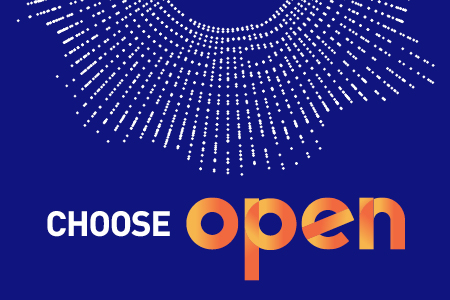
Publishing OA increases the visibility and readership of your research, helping you make an impact beyond your field.
Click the buttons below to read more about OA and find out if your region has an existing agreement with us.
SHARE THIS PAGE
